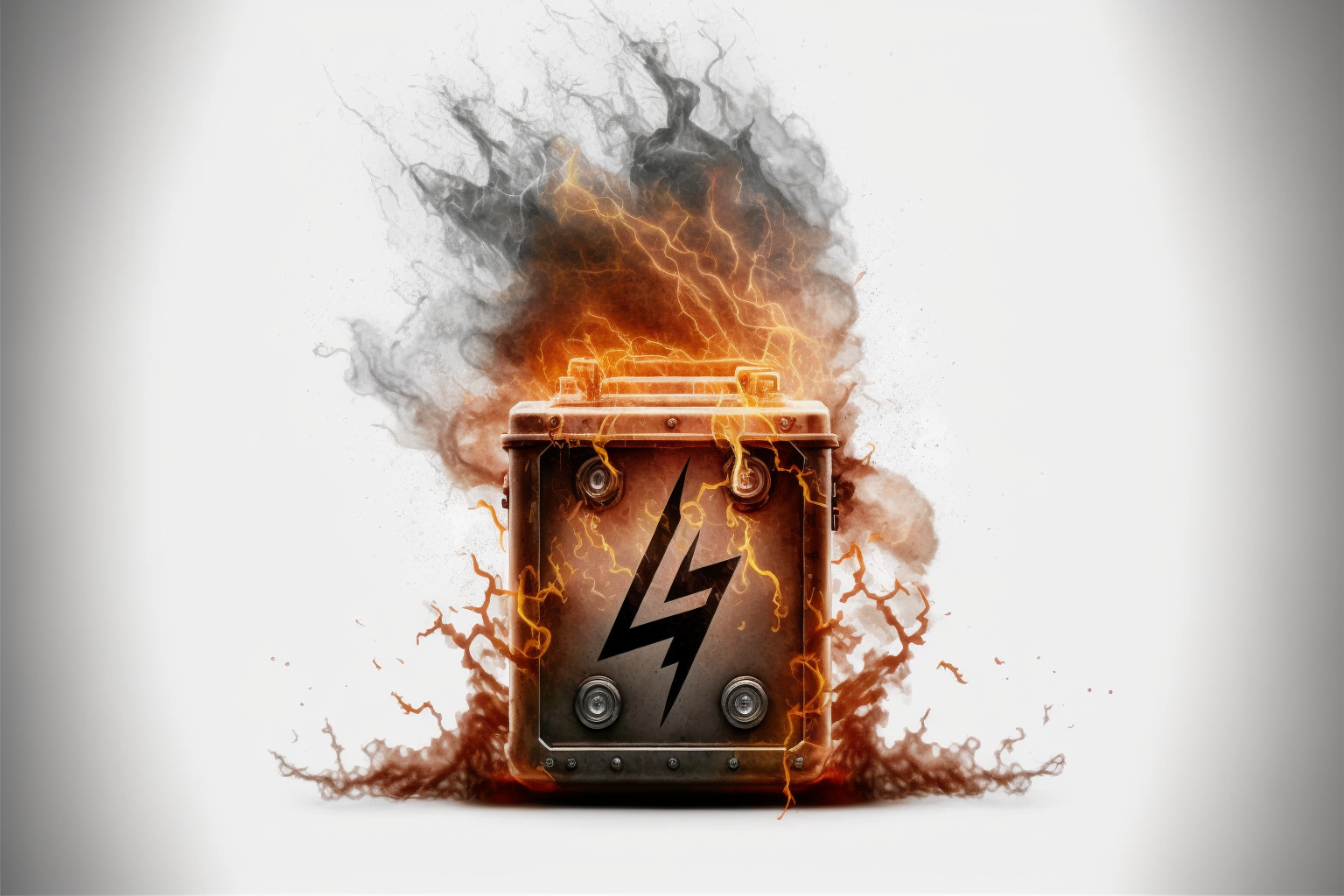Battery Safety
20 kWh are around 17 kg of TNT - keep that in mind.

You may have heard of reports of exploding smartphones, hoverboards that set homes on fire, or electric cars that can't be put out. While some of these reports may be exaggerated (the likelihood of a LiIon battery fire in a smartphone is around 1 in 10 million) and some fires may be caused by faulty electronics (hoverboards) or damage (EVs), there is still a risk factor: LiIon batteries are not inherently safe.
Inherently safe means that the battery chemistry, whether the cell is damaged, overloaded, or exposed to external fire, will not start to burn on its own.
"Burning" refers to the so-called thermal runaway - definitely something you don't want to have in your household/basement. If a little electrolyte or plastic packaging burns (because you set it on fire), it's still a fire hazard, but orders of magnitude less dangerous.
In the following video you can see some tests that were conducted by GWL (European distributor of battery cells) under the supervision of the fire department:
The LFP and LTO battery chemistry is far superior in terms of safety compared to the Li-Pol and LiIon battery chemistry. This applies to overcharging, short-circuiting and mechanical damage. Here is an older video:
It should be made clear that when an LFP cell is mechanically damaged and begins to smoke, the rooms should be immediately evacuated and the fire department should be called. The smoke is certainly harmful to health and is the result of a smoldering fire of the electrolyte within the cell.
It may also happen that this smoke catches fire and burns, see here:
In this case, the smoke pollution is significantly lower, but it is burning...
In any case, LFP battery chemistry belongs to the safest available battery chemistries. There are also sodium-ion ("saltwater batteries"), lead-acid and nickel-iron batteries that do not burn (or smoke) at all, but there is again the danger of the formation of explosive gas and too much explosive gas can also sometimes destroy the whole house...
So it remains: the safest thing currently on the market are LFP or LTO batteries. If you don't set them on fire or chop them with an ax, they pose no danger.

